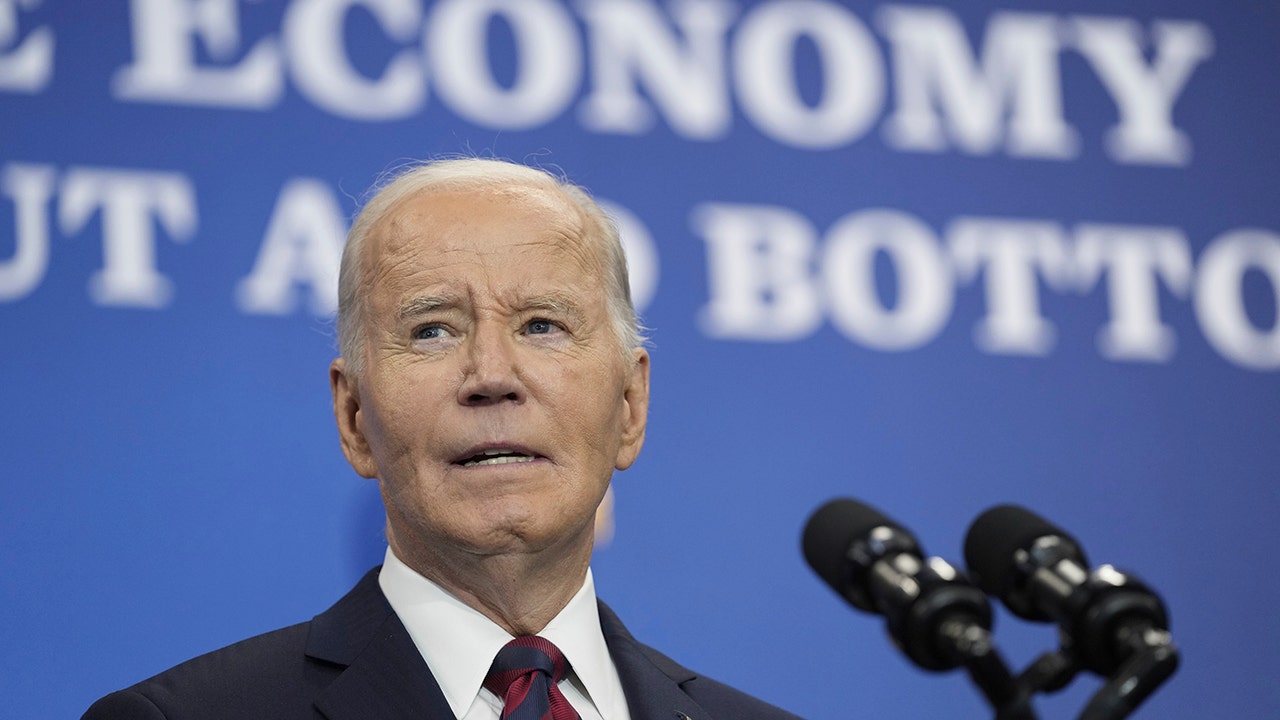Elon Musk asks a great question... ISIS committed genocide against a small population consisting of a religious minority.... Could that happen in Europe?
Could what happened to the Yazidi people one day happen to Europe?
What happened to the Yazidi people?
The Yazidi people, an ethno-religious minority primarily located in northern Iraq, have faced significant persecution and violence, particularly highlighted by the events that transpired in 2014. Here is an overview based on available information:
Genocide by ISIS: In August 2014, the Islamic State of Iraq and Syria (ISIS) launched a brutal attack on the Yazidi community in the Sinjar region of Iraq. This attack is widely recognized as a genocide, characterized by mass killings, forced conversions to Islam, sexual enslavement, and the abduction of thousands of Yazidi women and children. ISIS viewed the Yazidis as heretics and targeted them due to their religious beliefs, which include elements of ancient Iranian religions, Judaism, Nestorian Christianity, and Islam but are distinct from these religions.
Mass Displacement: Following the attack, an estimated 50,000 Yazidis fled to Mount Sinjar, where they were trapped without food and water, facing starvation and death if they did not convert to Islam. The global community's response included emergency airdrops and the eventual creation of humanitarian corridors by Kurdish forces to rescue those trapped.
Casualties and Abductions: Thousands of Yazidi men were killed, and approximately 6,000 to 7,000 women and children were abducted. Many of these women and children were subjected to sexual slavery, forced labor, and other forms of violence. As of recent reports, around 2,700 Yazidi women and children are still missing, presumed to be either dead or still held captive in various locations.
Current Situation: A decade after these events, the Yazidi community continues to struggle. Many remain displaced, living in camps in northern Iraq, unable or unwilling to return to Sinjar due to the destruction and ongoing political disputes between the Iraqi federal government and the Kurdistan Regional Government over control of the area. Reconstruction efforts have been slow, and the return to normal life remains challenging.
International Response and Advocacy: The international community has recognized the genocide, with various human rights organizations and leaders calling for support, justice, and reparations for the Yazidi people. Efforts include advocacy for safe resettlement options for survivors, psychological support for those traumatized by the events, and initiatives to bring perpetrators to justice.
The Yazidis have historically faced persecution due to their unique religious practices, which have often been misunderstood by neighboring communities and religious extremists. Their plight continues to highlight issues of religious freedom, human rights, and the complexities of minority protection in conflict zones.


